Rivals all smiles on the 20th anniversary of historic election
Liberal and Labor giants Jeff Kennett and Steve Bracks have united on the 20th anniversary of the election battle which ended Mr Kennett’s run as Victorian premier, and the pair has warned some dangers loom for Australia. LISTEN TO THE PODCAST
VIC News
Don't miss out on the headlines from VIC News. Followed categories will be added to My News.
As they admired the city they helped build while ruling Victoria for a combined total of 15 years, Jeff Kennett couldn’t resist a gentle ribbing of his former political adversary, Steve Bracks.
“Didn’t I build it? You just came in and took the bloody surplus,” he said with a grin.
The two giants of the Liberal and Labor parties were reunited for their first joint interview to discuss the boilover 1999 state election that ended Mr Kennett’s seven-year reign.
Download FACE OFF on Apple podcasts/iTunes, Web, Spotify, or wherever you get your podcasts
It forms part of a new Herald Sun podcast series, Face Off, in which one-time fierce rivals discuss key battles that have shaped Australia’s history, politics and sport.
Twenty years after Mr Kennett left office, the pair sparred over debt and whether the election result was a protest vote gone too far, but agreed country Victoria had turned the election in Labor’s favour.
Both men, who enjoyed national profiles during their years as premier, said Australia was still riding high but serious long-term issues loomed.
“Victoria has been fairly well protected from the current drought, but the drought in northern Australia … unless it changes quickly, the suicide levels are going to be higher, industry is going to reduce, agricultural revenue is going to drop by 5 to 10 per cent,” Mr Kennett said.
“It’s going to have a profound effect and we still don’t have a national policy on water and on agriculture.”
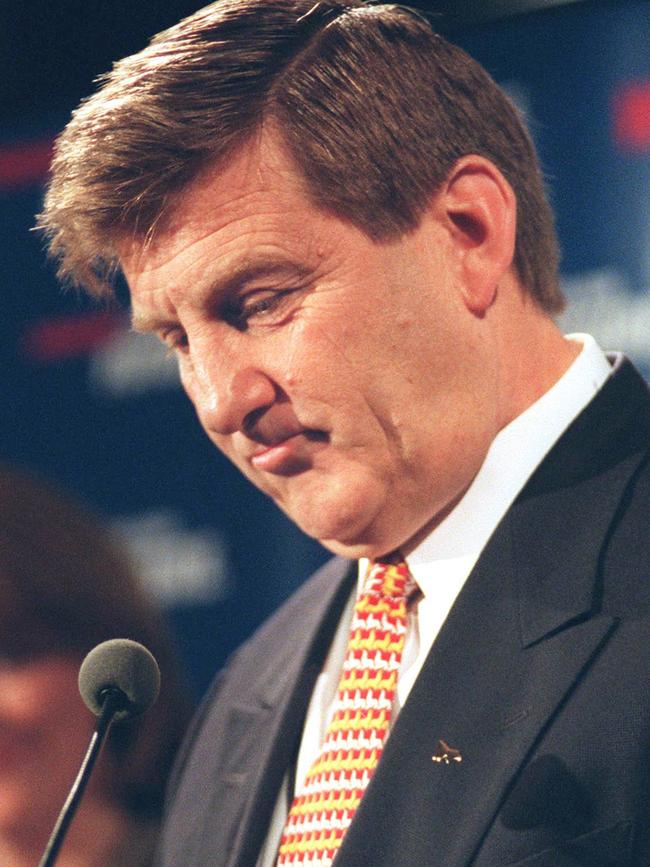
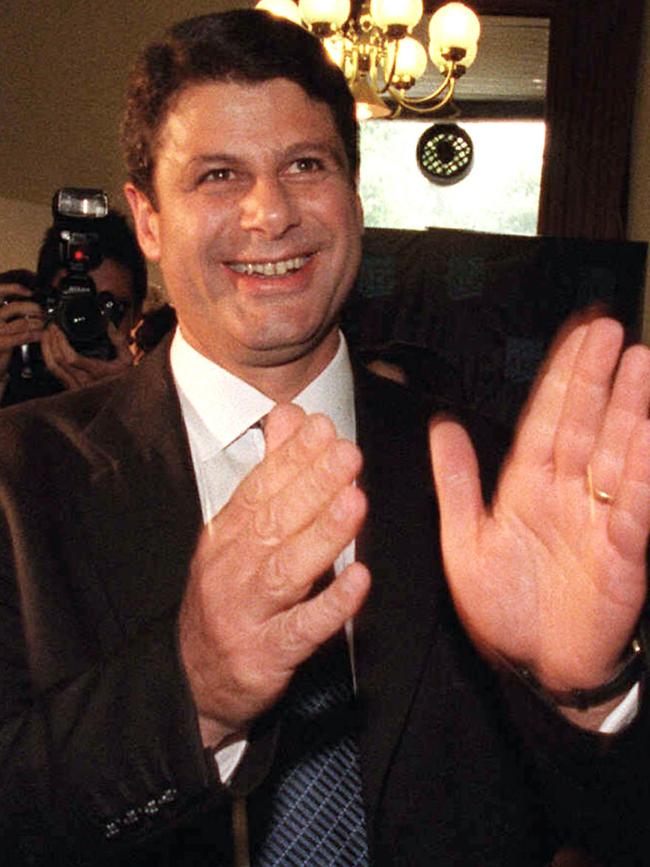
Mr Bracks added: “And we don’t have a national policy on energy which is the disgrace. You’d think we would by now, given the importance of this for our economic future and … it’s a political failure. It’s holding the country back.”
The former leaders described the pressures of public life that eventually took their toll, and Mr Kennett revealed how close he came to a political comeback in 2006.
Both men said they were surprised by the 1999 result, with Mr Bracks recalling that his speechwriter hadn’t prepared notes for a victory address at the Labor function on election night.
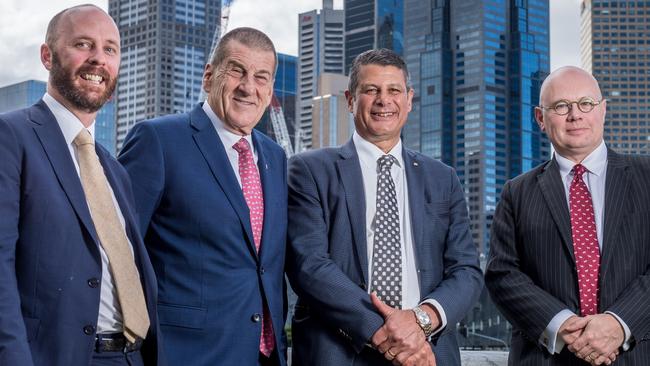
Labor required about 15 seats to seize control of the parliament, but came up short.
But the Liberal Nationals also failed to get a majority, meaning three independents became the kingmakers. The election was rocked further by the death of a candidate in Frankston East, which sparked a supplementary vote there.
In the end, it took more than a month for a result to be delivered, after Labor coaxed the three independent MPs to back Mr Bracks and help him form a minority government.
Mr Kennett said he never stood a chance with the three — one of whom once accused the Liberal leader of calling him a “f---wit” — but declared: “I have no regrets.”
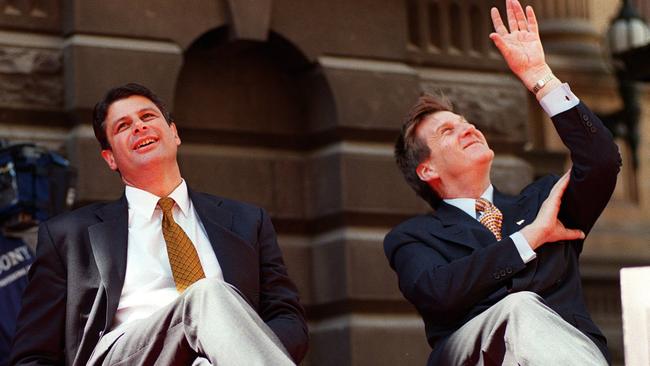
“Everything in life happens for a reason, we were able to bring about the changes that were necessary,” he said. “Steve came in, as he said. he continued with the same policies … that is the major economic policies, which gave him the opportunity to rebuild the asset base and redistribute the dividend and that’s fine — it’s part of life.”
Mr Bracks said the party’s rebuild after the Cain and Kirner years was immense, and the responsible economic management that he and his predecessor John Brumby enforced had changed the party forever.
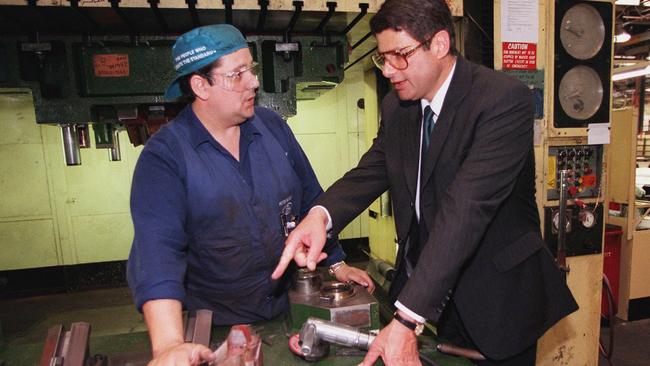
He also outlined the ALP’s campaign in the bush, including the infamous “dripping tap” advert that bolstered the perception the Liberals were focusing on Melbourne at the expense of the regions.
Mr Kennett said he only saw the power of that campaign in hindsight, describing the loss as a “kick in the backside” for his team that “in my opinion went one step too far”.
Mr Bracks said that underplayed the impact of the Labor effort, crisscrossing the state to push home its core messages on “education, health and some of the rail lines”.
“It was really taking that economic policy and saying, ‘OK we’re going to continue that’ — and that changed the Labor Party — but still being able to give back a dividend by delivering on social policy.


